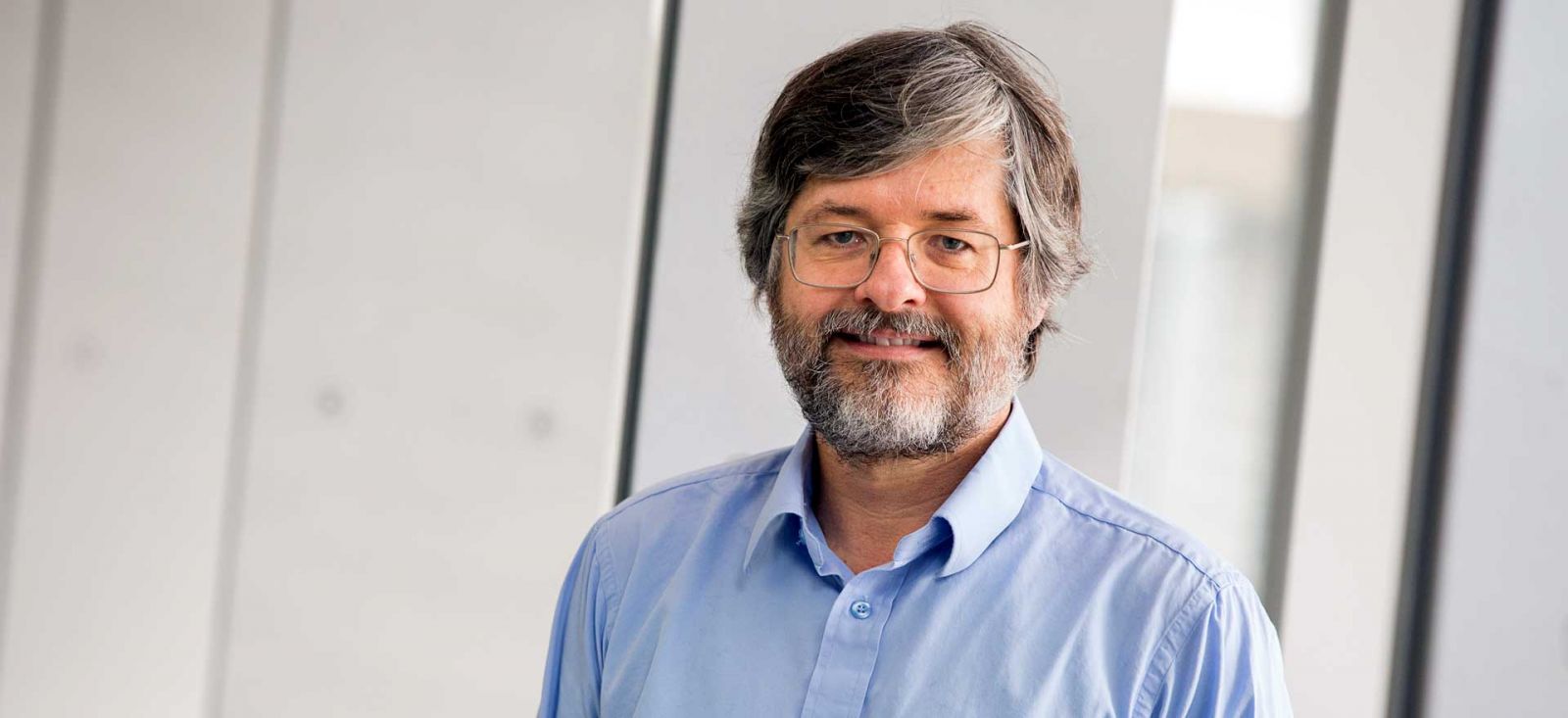Director's Blog - 8 November 2017 - The tradition of public lectures..

Recently I had the pleasure of attending the Graeme Clarke Oration, 30 October. As a sponsor, the Bio21 Institute benefitted from the profile we received as an institute, were invited to the gala dinner and to showcase our research to high school students as part of the Biomedical Innovation Showcase.
This year’s speaker was the Nobel Prize Winner, Harold Varmus. Harold Varmus was a director of the National Institutes of Health in the US and received his Nobel Prize for the discovery of retroviruses and the genetic origins of cancer.
Harold Varmus took the audience on a journey through the three historical phases of cancer research: 1) observational, 2) experimental, driven by the discovery of DNA and the development of molecular biology techniques, to the present day of 3) data-driven research that is leading to the rise of more personalised and targeted approach to treating cancer. We are living in exciting times.
An interesting part of his biography, is that before becoming interested in medicine and cancer research, he pursued a quite different passion – that for English literature earning an AB magna cum laude for his thesis on the novels of Charles Dickens. This path is somewhat along the lines of Alexander von Humboldt’s Model for education; integrating the arts and sciences with research to achieve both comprehensive general learning and cultural knowledge.
The Graeme Clarke Orations, organised through the Convergence Science Network, is an important scientific and public event in the calendar and Luan Ismail who leads the Network is to be lauded for this ability to attract such high level speakers to the oration, with an emphasis on discoveries that have arisen from the convergence of disciplines.
The Graeme Clarke Oration follows a tradition of the Royal Institutions ‘Christmas Lectures’, started by Michael Faraday in 1825 and Alexander von Humboldt’s series of public lectures in Berlin in the winter of 1827-1828, that became the basis for his major publication, Kosmos (1845-62).
Bio21 also hosts a number of ‘Big Picture’ lectures that are open to the public throughout the year. In the past year we’ve heard from Lucia Banci, Ian Gilbert, Carol Sibley and Cynthia Whitchurch, as well as myself. As the name implies ‘Big Picture’ is about providing the context of discoveries within their discipline and beyond; providing an opportunity to reflect on their impact on science and society. We are privileged to be able to host and to hear from such leaders in their disciplines.
Our Bio21 ‘Big Picture’ series is an opportunity to reach out beyond the institute and our scientific peers, to an interested lay audience. I welcome your suggestions for the coming year 2018 for both high level speakers that can enrich and challenge the thinking of researchers, but also for those that can communicate the wonders of molecular science in all its applications to a lay audience.
If you missed the Graeme Clarke Oration, but would like to hear an interview with Harold Varmus, stay tuned for the next Policy Shop podcast from the University of Melbourne.
Professor Michael Parker
Director, Bio21 Institute

